Best Coffee for Espresso: 5 Options for Unlocking the Secrets to a Perfect Cup
There’s nothing quite like the aroma of freshly brewed espresso, accompanied by its rich and velvety taste. But have you ever wondered what is the best coffee for espresso? While many factors contribute to a great cup, one crucial element is the type of coffee used. In this blog post, we will explore the world of espresso and unveil the best coffee options to achieve that elusive, exceptional espresso shot. Whether you’re a seasoned barista or an enthusiastic coffee lover, this guide will equip you with the knowledge to elevate your espresso game.
Table of Contents
What is the best coffee for espresso? Before we begin…
Understanding Espresso
Before diving into the best coffee for espresso, let’s first understand what espresso is. Espresso is a concentrated form of coffee that is brewed by forcing hot water through finely ground coffee beans under high pressure. The result is a small, strong shot of coffee that forms the foundation for many popular coffee beverages like cappuccinos and lattes.
The Importance of Choosing the Right Coffee
The quality and characteristics of the coffee beans play a significant role in determining the flavor, aroma, and overall experience of your espresso. When selecting the best coffee for espresso, several factors should be considered, such as roast level, origin, and blend. Let’s explore each of these factors in detail.
- Roast Level: The roast level of coffee beans can have a profound impact on the taste of your espresso. Generally, espresso is made using medium to dark roasted beans. Lighter roasts may result in a more acidic and fruity espresso, while darker roasts tend to yield a bolder and more robust flavor. It’s crucial to strike a balance that complements your taste preferences.
- Origin: The coffee’s origin influences its flavor profile. Different regions around the world produce coffee beans with distinct characteristics. For instance, beans from Central and South America often exhibit chocolatey and nutty notes, while African beans tend to have fruity and floral undertones. Experimenting with beans from various origins can lead to exciting flavor discoveries.
- Blend: Blending different coffee beans is a common practice in espresso preparation. Blends are carefully crafted to combine the unique attributes of multiple beans, resulting in a harmonious and balanced espresso. The art of blending allows roasters to create complex flavor profiles, offering a well-rounded cup of espresso. When choosing a blend, consider the specific taste notes and the roaster’s expertise.
The 5 Best Coffee for Espresso
Now that we understand the key factors, let’s explore some of the best coffee for espresso:
- Arabica Coffee Beans: Arabica beans are often regarded as the gold standard for espresso due to their superior quality and flavor complexity. They produce espresso with a well-balanced acidity, pleasant sweetness, and a range of delicate flavor notes. Look for single-origin Arabica beans or blends that highlight their exceptional characteristics.
- Robusta Coffee Beans: Robusta beans, although traditionally associated with lower-quality coffee, can also be used in espresso blends to add depth and crema. They contribute to a stronger and more intense flavor profile, providing a thicker body and a more pronounced caffeine kick. It’s important to note that Robusta beans are typically higher in caffeine content and have a higher bitterness level.
- Specialty Coffee: Specialty coffee refers to beans that have been meticulously cultivated, harvested, and roasted to achieve the highest quality possible. These beans often come from specific regions, farms, or estates, and undergo rigorous quality control measures. Specialty coffee offers a wide range of flavor profiles, allowing you to explore unique and exceptional espresso experiences. Look for beans with high ratings from reputable sources or consider joining a specialty coffee subscription service to access a variety of top-notch options.
- Espresso Blends: Espresso blends are carefully crafted combinations of different coffee beans, aiming to create a well-balanced and flavorful espresso. They are specifically designed to extract the best qualities from each component and achieve consistency in flavor and crema. Many reputable roasters offer signature espresso blends that have been refined over time, ensuring a consistently excellent cup of espresso.
- Single-Origin Espresso: Single-origin espresso refers to coffee made from beans sourced from a specific region or farm. This approach allows you to experience the unique characteristics and terroir of a particular coffee-growing area. Single-origin espressos can showcase a wide range of flavor profiles, from fruity and bright to earthy and complex. Exploring single-origin options can be a delightful journey of discovering new and intriguing espresso flavors.
Best Coffee for Espresso Conclusion
Choosing the best coffee for espresso is a vital step in creating a memorable and exceptional cup. By understanding the roast level, origin, and blend, you can tailor your coffee selection to match your taste preferences. Whether you opt for high-quality Arabica beans, robust Robusta blends, specialty coffee, or single-origin delights, the key is to experiment, taste, and explore the diverse world of espresso.
In order to get the best coffee for espresso, remember to source your coffee from reputable roasters and consider freshness by purchasing whole beans and grinding them just before brewing. With the right coffee and a little practice, you’ll be well on your way to mastering the art of brewing the perfect espresso shot, bringing the café experience right into your home. Cheers to your espresso adventures!


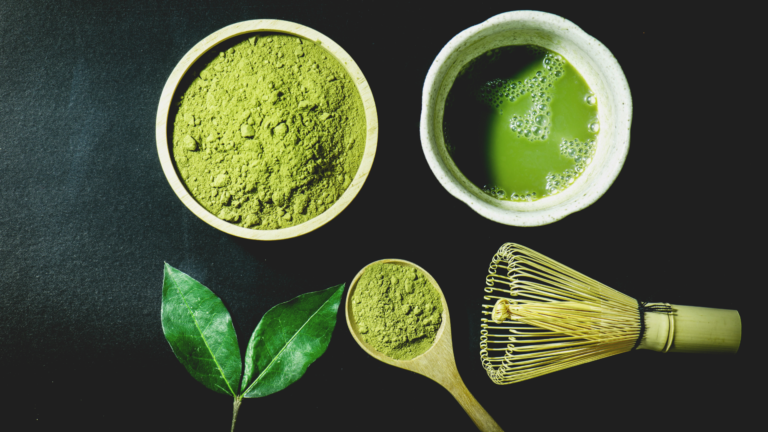

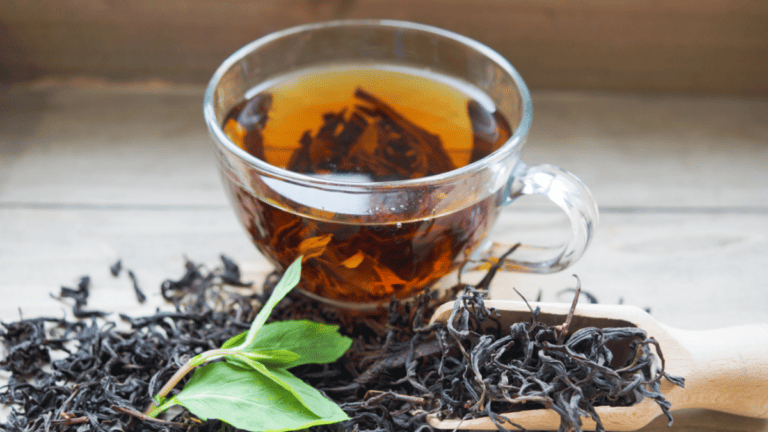
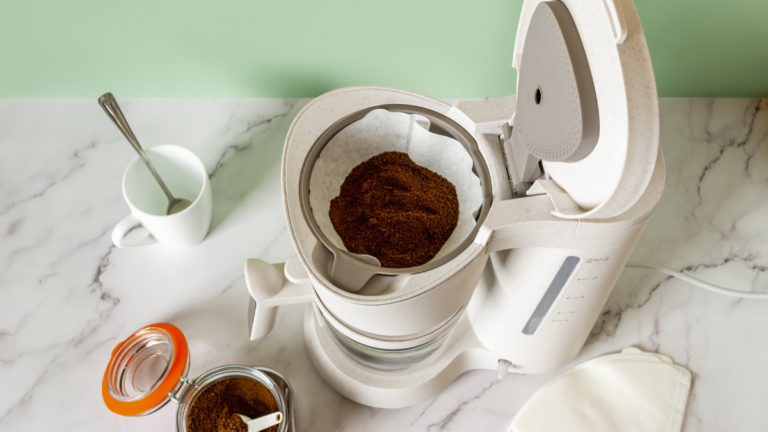
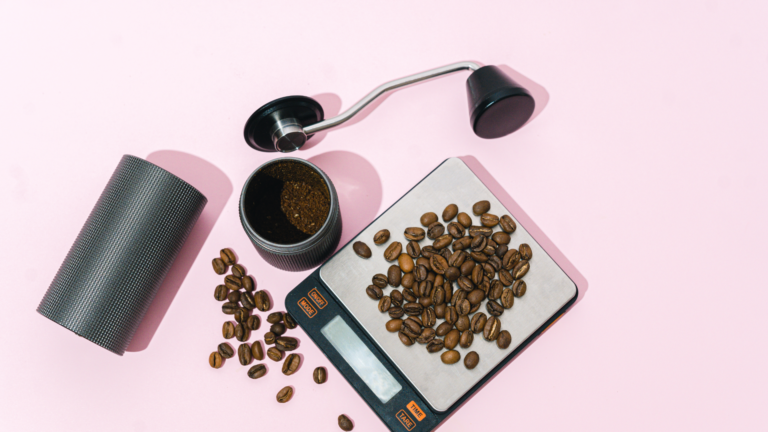
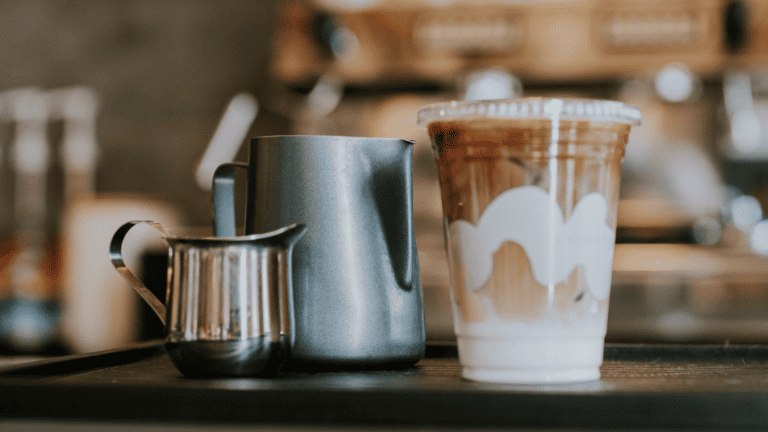
One Comment
Comments are closed.